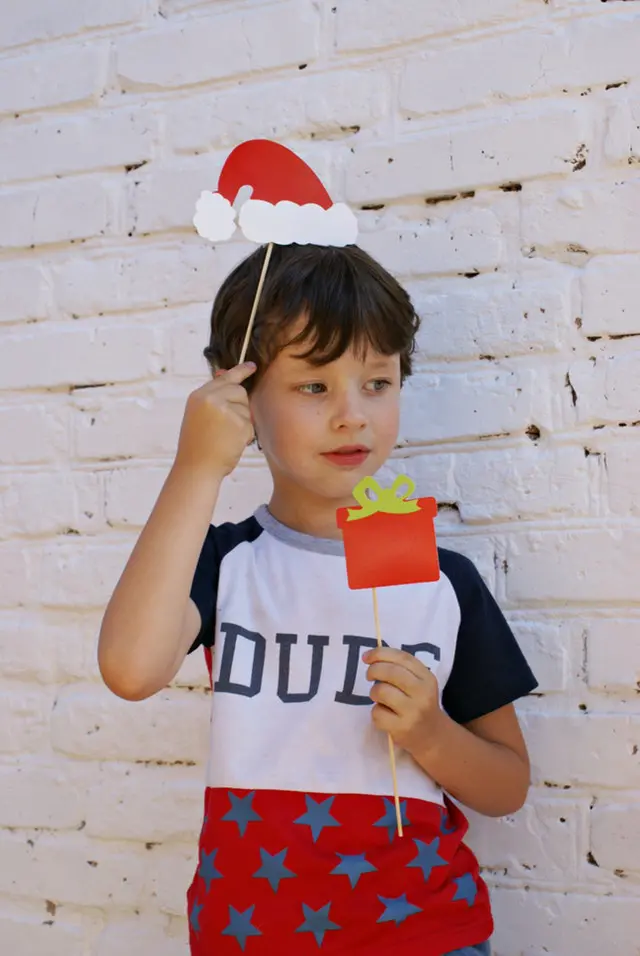Whether you are the parent of an autistic child, or someone who is about to receive relatives who have the condition, holidays can be particularly stressful. It feels like the chances of emotional and sensory meltdowns seem to double during times like Halloween or Christmas.
The good news is that you can definitely handle it all if you take some simple preparations before those seasons hit. It might seem like there’s a lot of ground to cover, but you can easily plan things out if you categorise your preparations.
Category #1. Food
There are three primary reasons why food has often been tricky with autistic kids. The first one is due to hypersensitivity. The second has to do with the presence of substances like sugar, dairy, gluten and even certain food colourings. The last has to do with the autistic tendency towards fixation and aversion.
Both of these tend to be correlated because sensory triggers aren’t just limited to those that occur outside an autistic child’s body. They can be those that happen in the gut. It can also be closely related to how their irregular body clock handles the influx of energy from food.
Keep these things in mind when formulating a meal strategy for your kids during the holidays. For example, you might want to inform relatives beforehand about certain desserts, or prepare a certain snack your child is particularly attached to.
Category #2. Lights and Sounds
Another common holiday hurdle are the numerous sources of lights and sounds that always come with the season. For Halloween, it is the spooky effects and loud horror movies coming from the neighbors. For Christmas, it’s the loud, crowded malls and the occasional bell jingling from carolers and churches. In fact, this can even include the loud noises at the airport (if your family is the type to fly abroad for the holidays).
Now, it may be tempting to also feel paralysed yourself when faced with the prospect of tuning these out, but that is where the real trap lies. These things can all be addressed with a lot of common traveling essentials like noise-cancelling headphones or common sense (like gently steering the child away from intense light sources such as flash cameras, runway lights etc).
And if you’re fairly new to the challenges of autism, consider making a quick checklist of things to get and develop the habit of patiently sitting your child down for a quick talk on what you have to do.
Category #3. Changes in Routine
Lastly, and perhaps the most difficult challenge of all, is to help an autistic child adjust to a change in routine (as holidays are always bound to do). In fact, it is not necessarily enough to sit a child down and explain to them the sort of changes a typical holiday brings.
Because as they grow older, there are other changes to expect as well. Flights can be delayed or cancelled. Relatives can get married and bring in more unfamiliar faces during gatherings. Even something as innocuous as your child’s favourite brand of sweet phasing out should be something to consider.
This doesn’t mean you have to be psychic just to avoid these problems. Rather, it just means you need a process of explaining to a child that there’s a lot of changes about to happen. It is a process that takes a lot of patience and you must be ready to make plenty of compromises to avoid stressing them out.
All in all, much like a major holiday plan, preparing autistic children for the season requires a lot of forward thinking and planning. Don’t wait until you hear carols in the malls or the days to get hot just to start thinking about it now. The earlier your family is ready, the better!
“Want to learn more about how better listening leads to a better life? Get a consultation with us today!”
Françoise Nicoloff
Official Representative of Tomatis Developpement SA in Australia, Asia and South Pacific, Director of the Australian Tomatis® Method, Registered Psychologist, Certified Tomatis® Consultant Senior, Tomatis® International Trainer and Speaker, Co-author of the Listening Journey Series, 40 Years of Experience, Neurodiversity Speaker




